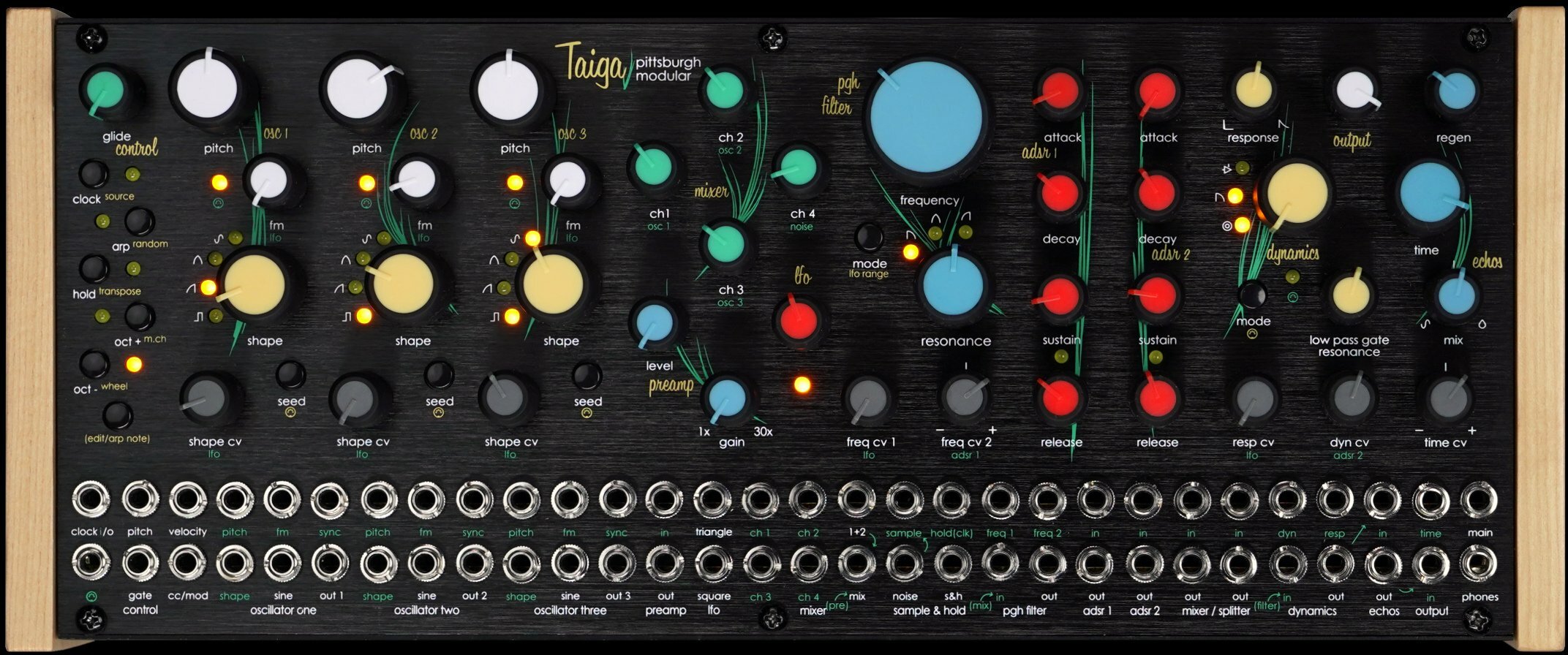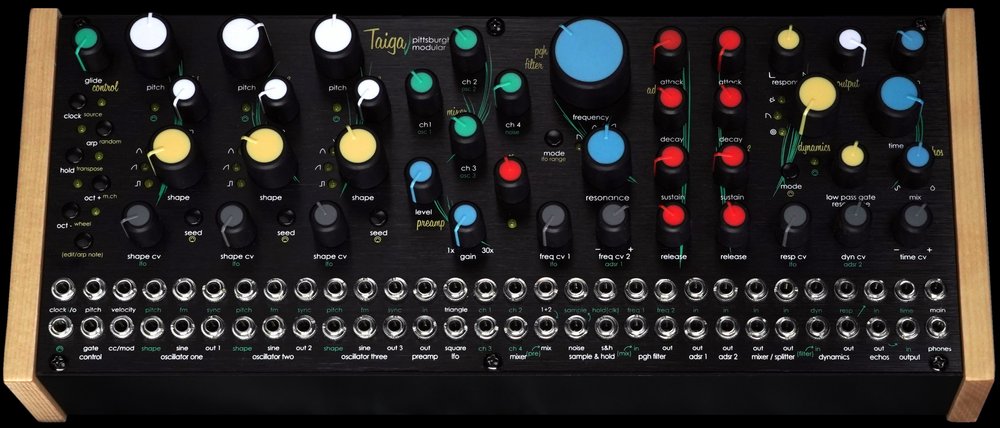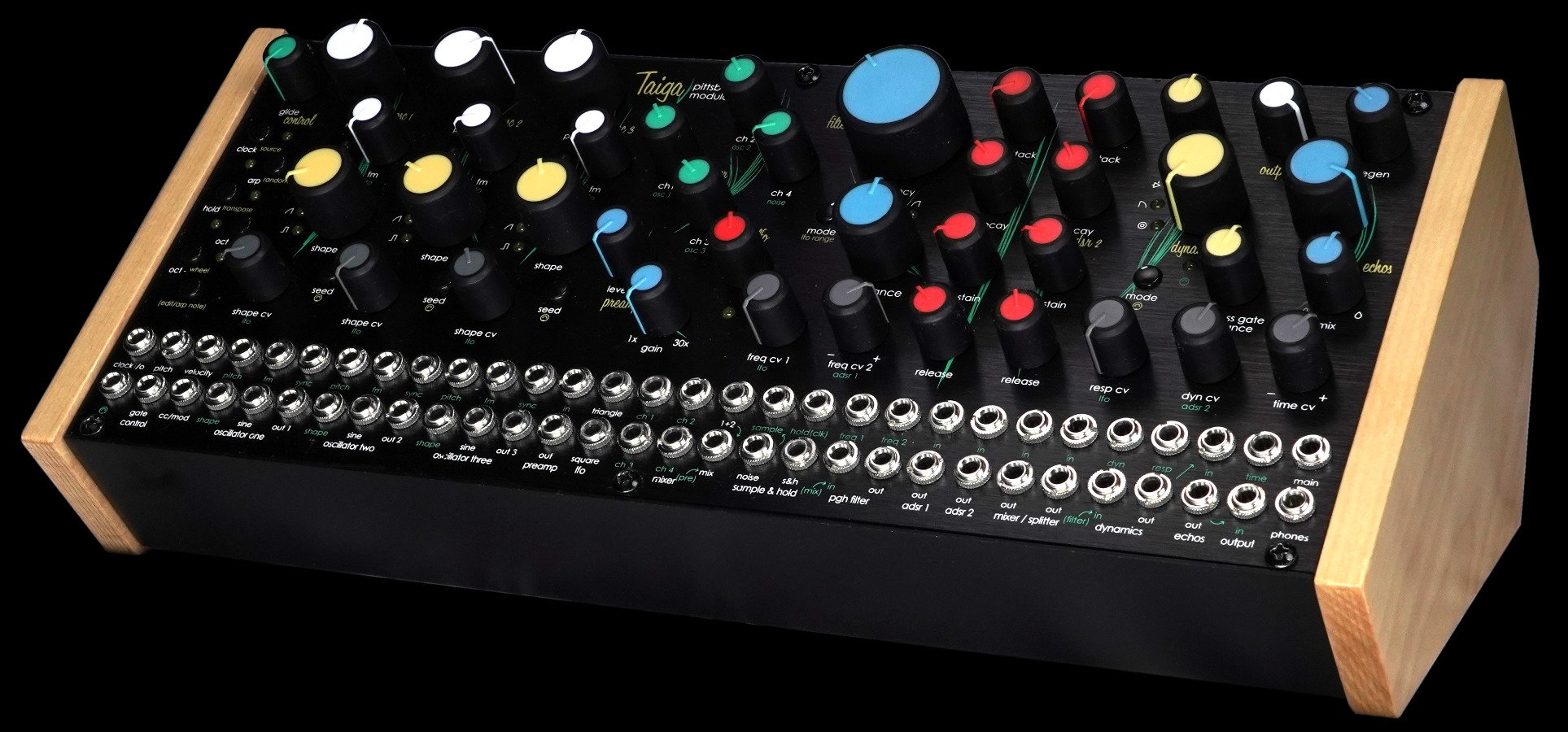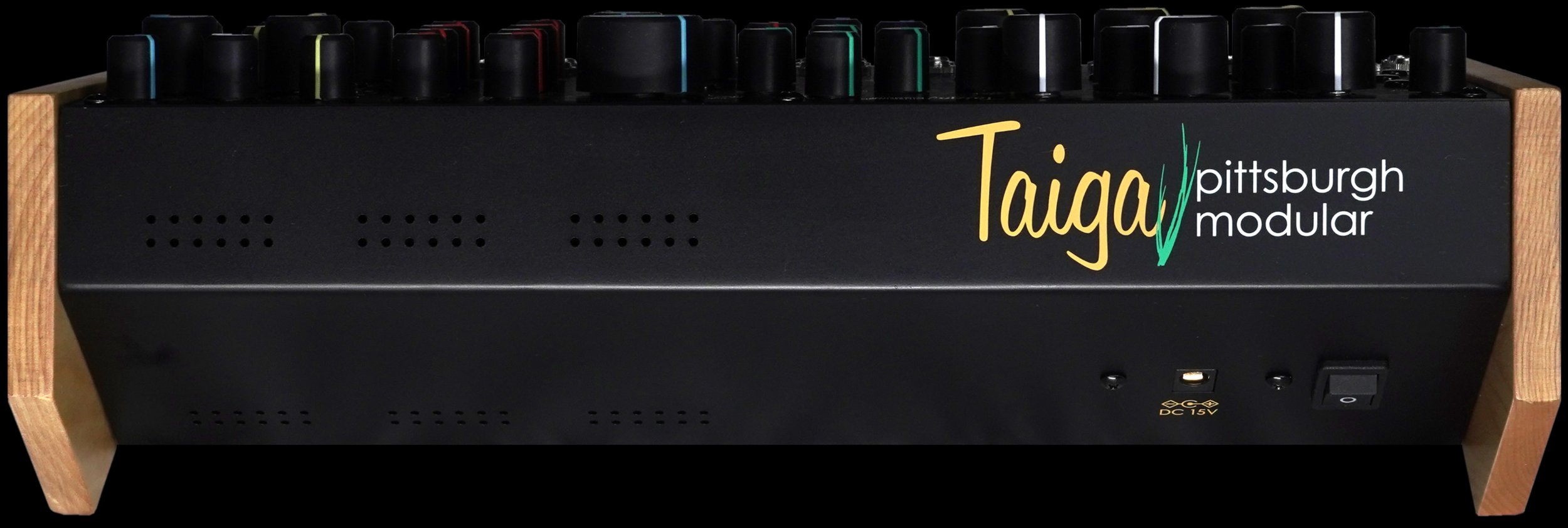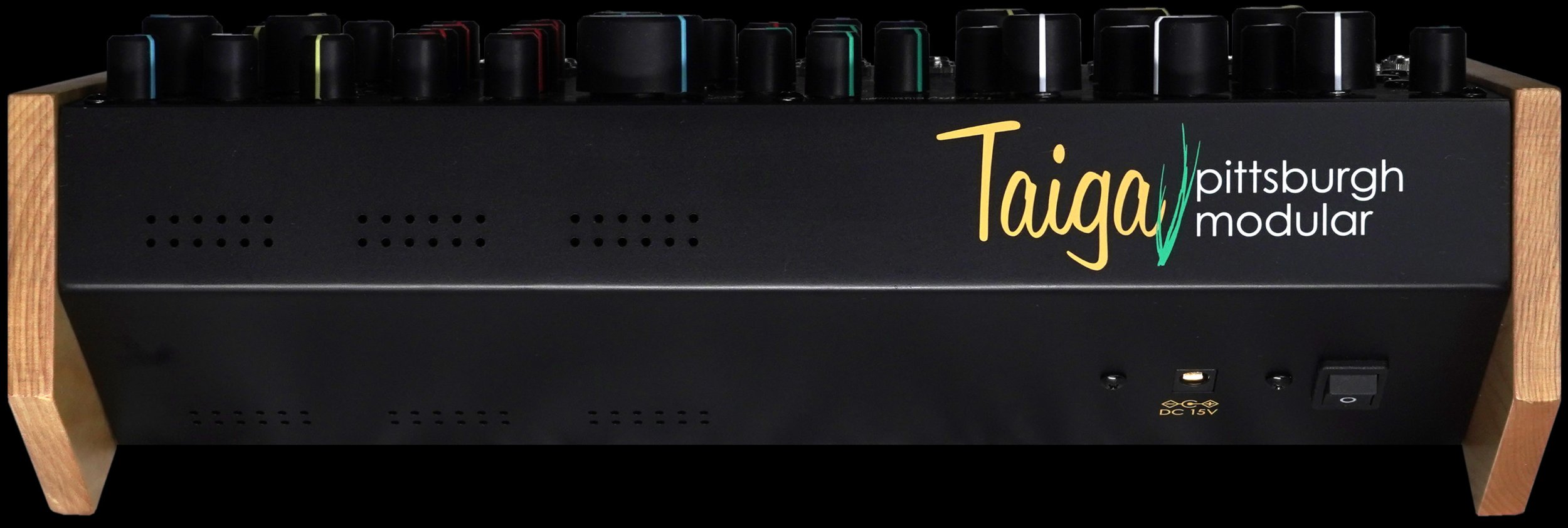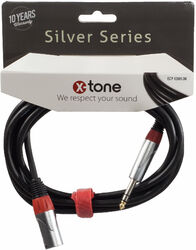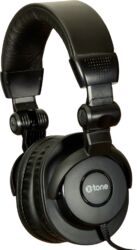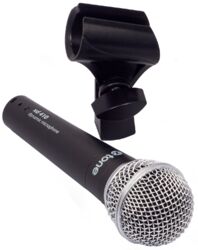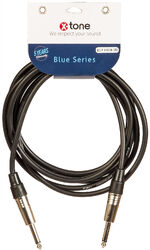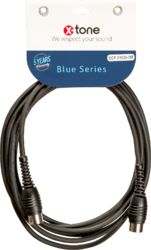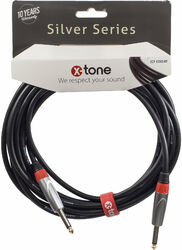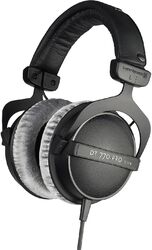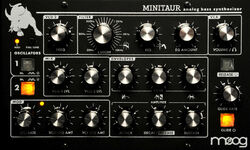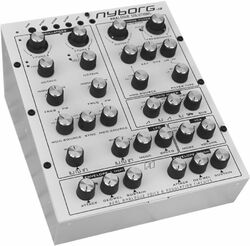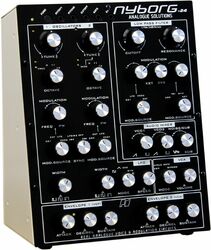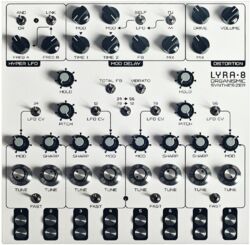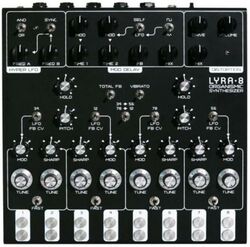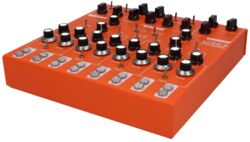Uw mand
Pittsburgh modular Taiga
- Lees recensies (0)
- Gerelateerde accessoires
- Vergelijkbare producten
- Gratis bezorging
- Gegarandeerd lage prijzen
- Tevreden of terugbetaald
- 3 jaar garantie
Op dit moment niet beschikbaar
neem contact op met ons
Voorraad in de winkel
Niet verkrijgbaar in de winkel
INFORMEER MIJ OVER HAAR BINNENKOMST OP VOORRAAD
Ik wil per e-mail op de hoogte worden gehouden
Go
Het merk Pittsburgh modular
Leer meer over het merk Pittsburgh modular en ontdek de volledige catalogus.
Het grootste netwerk van winkels in Frankrijk
Vind alle informatie over onze superstores en onze gespecialiseerde boetieks.
Neem contact op met een deskundige
Onze muzikanten en enthousiaste teleconsulenten staan ??klaar om al je vragen te beantwoorden.
Expander
The Pittsburgh Modular TAIGA is a complete, modern modular instrument that allows you to go beyond the limits of a traditional analog synthesizer. Its sound is based on three unique Pittsburgh innovations: a trio of powerful analog oscillators, the unmistakably smooth sound of the Pittsburgh Filter, and the warmth of the Dynamics Controller. This can be used to create not only sounds traditionally expected from an analog monosynth, but also entirely new sonic textures.
The waveforms generated by the three oscillators go beyond the basic geometric shapes and sounds associated with analog synthesis. They pass through up to three proprietary, cascading waveshapers to precisely manipulate their symmetry and harmonic content. In addition, each oscillator features a robust six-stage waveshaper that adds even more complexity and depth to the diverse sonic palette.
Its Dynamic Controller gives TAIGA a unique organic depth and presence. By managing amplitude and harmonic content simultaneously, the Pittsburgh Dynamics Controller goes beyond one-dimensional VCAs found in other synthesizers. It does this by using new advancements from traditional low-pass gates to add definition and dimension to the sound.
In low-pass gate mode, sounds lose harmonics and become warmer as they get quieter. This mimics how sound waves react to their environment. Because of this combination, Taiga sounds more natural and complex compared to other instruments.
Pittsburgh Modular TAIGA features an internally defined signal path. Patch cables are therefore not necessary to start exploring. Once a MIDI keyboard and audio output are connected, TAIGA is ready to play. Should ideas grow beyond the predefined signal path, a 60-point patch panel opens up a fully modular instrument with access to an even wider range of features and analog and digital synthesis tools that support and extend the core features. Analog tools include a flexible dual mixer, two crisp four-stage envelope generators, noise and sample & hold. Digital tools include external MIDI, arpeggiator, clock-synchronized modulation tools, and a collection of random generators.
Rounding out the overall sound is Echos: a beautiful, dark analog delay. Echos uses bucket brigade delay chips to create a classic, voltage-controllable analog delay effect.
The waveforms generated by the three oscillators go beyond the basic geometric shapes and sounds associated with analog synthesis. They pass through up to three proprietary, cascading waveshapers to precisely manipulate their symmetry and harmonic content. In addition, each oscillator features a robust six-stage waveshaper that adds even more complexity and depth to the diverse sonic palette.
Its Dynamic Controller gives TAIGA a unique organic depth and presence. By managing amplitude and harmonic content simultaneously, the Pittsburgh Dynamics Controller goes beyond one-dimensional VCAs found in other synthesizers. It does this by using new advancements from traditional low-pass gates to add definition and dimension to the sound.
In low-pass gate mode, sounds lose harmonics and become warmer as they get quieter. This mimics how sound waves react to their environment. Because of this combination, Taiga sounds more natural and complex compared to other instruments.
Pittsburgh Modular TAIGA features an internally defined signal path. Patch cables are therefore not necessary to start exploring. Once a MIDI keyboard and audio output are connected, TAIGA is ready to play. Should ideas grow beyond the predefined signal path, a 60-point patch panel opens up a fully modular instrument with access to an even wider range of features and analog and digital synthesis tools that support and extend the core features. Analog tools include a flexible dual mixer, two crisp four-stage envelope generators, noise and sample & hold. Digital tools include external MIDI, arpeggiator, clock-synchronized modulation tools, and a collection of random generators.
Rounding out the overall sound is Echos: a beautiful, dark analog delay. Echos uses bucket brigade delay chips to create a classic, voltage-controllable analog delay effect.
Lire la suite
Technische Specificities
- Soort expander Analoog
- Completely analogue signal path
- 3 Oscillators, each with controls for pitch, FM, shape (sine, triangle, sawtooth, square) and waveshaper/wavefolder
- Noise generator
- 4-Channel mixer
- Adjustable preamplifier with overdrive circuit for external signal sources (gain: x30)
- LFO with two waveforms (triangle and square) and wide frequency range (41s - 500Hz)
- Multimode filter (low-pass, band-pass, high-pass) with adjustable frequency and resonance, plus 2 CV inputs with attenuators, 2 ADSR envelopes
- Dynamics controller, switchable between VCA and lowpass gate, with adjustable frequency/bias, resonance and decay phase
- Analog delay with adjustable delay time, feedback and wet/dry mix
- Built-in MIDI-to-CV/Gate interface
- Further features: Arpeggiator, random sequencer, clock divider, clock generator with tap tempo, sample & hold, 2-channel mixer
- CV inputs for all parameters and outputs for all individual sections
- Line output and headphone output: 3.5 mm jack
- Can be used as a complete Eurorack synthesiser voice (width: 60 U, depth: 40 mm)
- Power consumption when used as a module: 650mA (+12V) / 475mA (-12V)
- Dimensions of desktop housing (W x D x H): 326 x 135 x 112 mm
- Weight: 1812 g
- Incl. external power supply unit, TRS-DIN MIDI adapter and 10 Nazca Noodles patch cables
Meer specificaties
Minder specificaties

